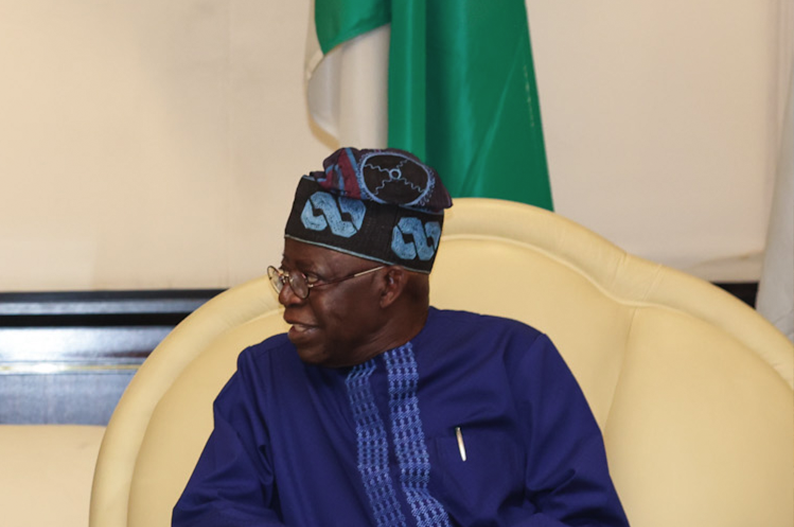In Nigeria, Bola Tinubu’s presidency is off to a rocky start.
On top of indecision over cabinet appointments, Nigeria is seeing a decline in oil output, the naira is falling to record lows and inflation is climbing. Additionally, Tinubu’s team is struggling to sway union leaders in favor of their economic policy amid protests.
Crude Theft Continues
The fall in crude oil output is likely due to two reasons: a suspected leak at the Forcados terminal and theft. Despite military efforts to counter oil theft with airstrikes, Horizon Engage expert Clementine Wallop believes that “the economic pressure on Delta Nigerians will continue to drive crude theft, regardless of the risk they face.”
With Government “Tompolo” Ekpemupolo’s security contract up for renewal in August 2023, we are watching whether or not Tinubu will consider other security contracts to counteract crude oil theft.
Weak Naira, NUPRC Pushback
In addition to falling crude output, the continued weakening of the naira is highlighting deep structural issues in the Nigerian economy — especially considering the central bank’s release of financial records showing billions of dollars in loans from American companies. Tinubu has pledged to bring down the national debt, but with a struggling naira, inflation at 24% and sluggish oil output, there are doubts about his ability to do so.
Such doubts have triggered protests and heavy pressure from union leaders to fix infrastructure problems and bring down fuel prices, which are at an all time high. The head of the Nigeria Upstream Petroleum Regulatory Commission (NUPRC) is facing mounting calls to resign, with his face plastered on protestors’ banners outside of the agency’s headquarters. Further displeasing union leaders and protestors are recent complaints from Tinubu’s chief of staff, Femi Gbajabiamila, who believes the NUPRC is too well-funded in comparison to other government agencies.
An Underwhelming Cabinet
Having made generous promises to bolster the economy during his candidacy, Tinubu is facing a plethora of problems, each destabilizing Nigeria’s economy in another way.
For instance, Tinubu’s ministerial appointments — which have undergone multiple reshuffles and have generally been considered to be lackluster — are causing some Nigerians and investors alike to wonder about his decision-making. “For a politician with a reputation for being decisive during his time as governor of Lagos,” says Wallop, “he seems to be struggling with the scale of running the country.”
Still, the president has not been in office for long, and although it took him longer than anticipated to finally appoint ministers, he has not had a whole chance to tackle the problems Nigeria is currently facing (and made worse by the foreign distraction of the coup in neighboring Niger).
Learn More
Please complete the form below to talk with a Horizon Engage team member about Nigeria or our Country Insights.
About Horizon Engage
Horizon Engage provides country-level analysis on political, social and environmental issues that impact the investment climate for foreign direct investors. We’re changing the game for our clients by merging tech and geopolitical expertise in a whole new way. Let us be your eyes and ears so you can make decisions with confidence. Learn what we do.



